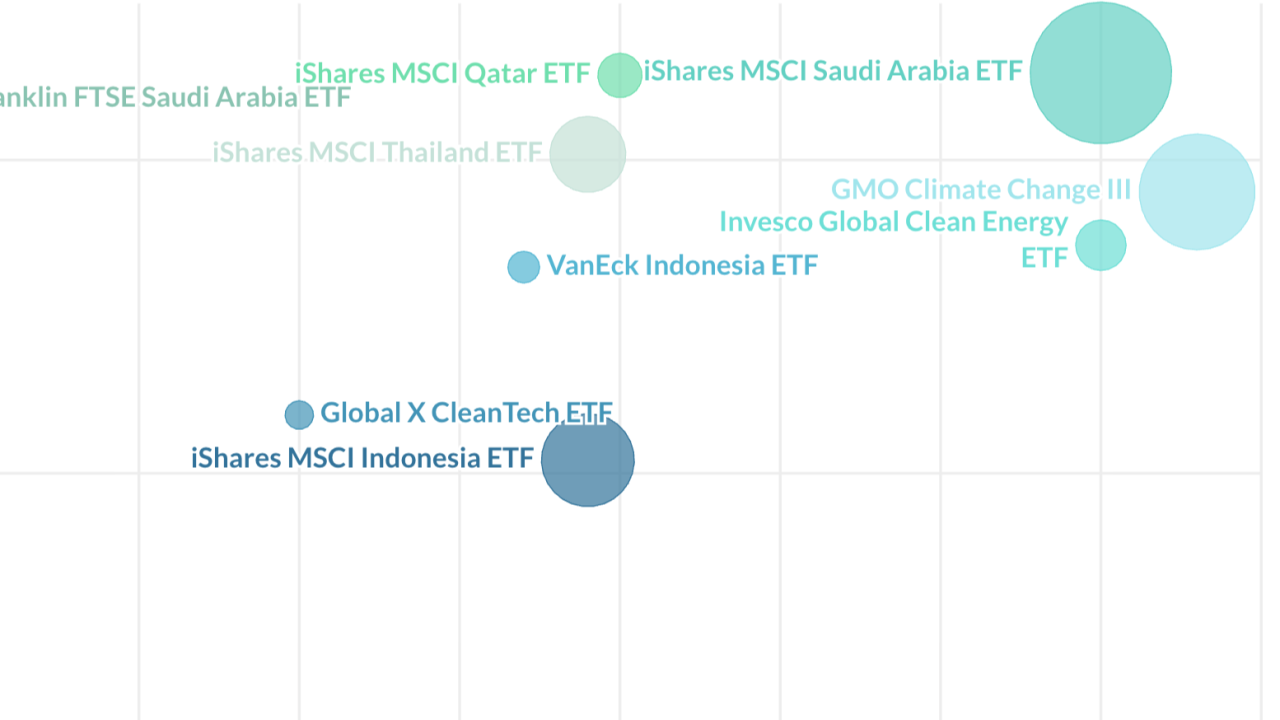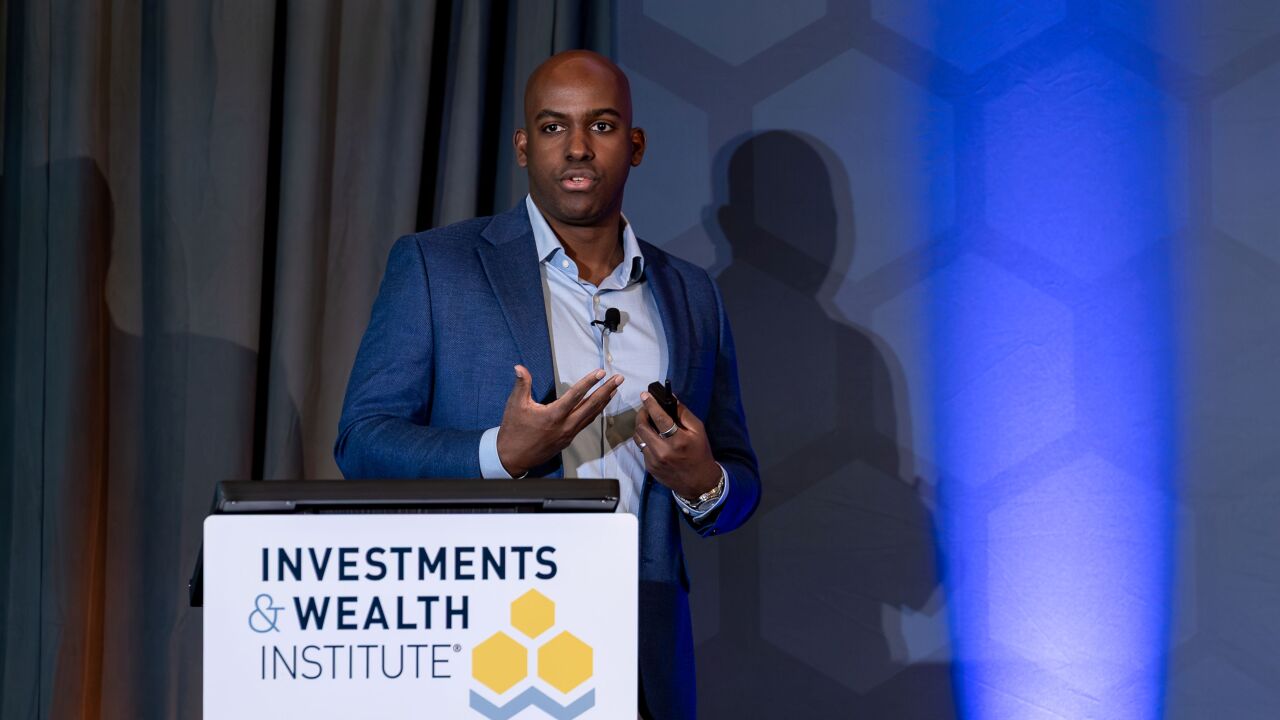
Daunted by the increasing complexity of regulatory and technology demands, asset managers say they are turning to outsourced help, or at least are considering offloading administrative responsibilities.
"Our job is to manage money," says Tom Stringfellow, president and chief investment officer of Frost Investment Advisors, explaining his rationale in deciding to outsource within the firm's mutual fund complex.
Gaining operating efficiency by cutting costs is still the main driver for outsourcing back-office operations, noted a 2015 survey of asset managers by Boston-based consulting firm IMP Consulting.
(The survey noted that 65% of asset managers listed cost as their main reason for outsourcing, 40% cited "ease of implementation" and nearly 35% cited "better technology and solutions from the vendor.")
Several recent studies, though, have highlighted some of newer technical challenges facing asset managers.
Effective data management has nearly become too burdensome for most firms to handle with their own resources, noted back-office software firm Confluence.
"Our industry has already gone through a transformation sparked by regulatory concerns with managing both systemic and liquidity risk, and that focus has left firms responsible for far more data than ever before," said Todd Moyer, executive vice president, global business development at Confluence.
Regulation concerns, meanwhile, are spurring alternative investment managers to outsource their valuations work and risk reporting to demonstrate independence, noted accounting firm Eisner Amper.
GREATER CONTROLS
"The barriers of entry to launching funds continues to get higher each year," says Andrew Rogers, CEO of fund service provider Gemini Companies.
"The technology requirements for operations are very daunting, and the cost associated with operational software is too expensive for most asset managers. In addition, specialized services for compliance and distribution become more demanding each year. I believe most advisors would like to focus on managing and raising assets and advisor compliance."
Many new services, Rogers adds, are being developed to determine liquidity in a systematic, automated fashion.
"By using third-party providers, this will create greater controls for regulators and boards," he says. "The new derivative regulation will create new risk-reporting requirements.
"Third parties are developing reporting processes for value-at-risk testing as well as other risk-reporting processes related to derivatives and notional exposure. In addition, many asset managers will be required to have a chief risk officer," Rogers adds.
It is important for firms to understand that outsourcing doesn't absolve firms of operational risks, he says, adding there are risks in outsourcing too, recalling the technical issues with Bank of New York Mellon's fund accounting system last September that left an estimated 10% of U.S. ETFs and some mutual fund providers unable to accurately price their products for nearly a week.
"Some of the risks to outsourcing regulation/compliance is that you cannot outsource liability and reputational risk," Rogers says.
"The recent accounting issue caused by the BNY Mellon accounting glitch caused tremendous operational, compliance and reputational risk for asset managers. Outsourced functions carry significant risks with compliance and operations, and I would say that outsourced functions around shareholder servicing may be the highest risk, since they report directly to your clients."
SECURITY FUTURE
Asset managers noted several back-office and middle-office tasks that they have outsourced.
"We use outside counsel to draft the offering documents and limited partnership agreements," says Hope Edick, chief compliance officer for Houston-based STA Wealth Management.
"A fund administrator and a PCAOB Auditor to prepare quarterly financials and investors statements, perform an annual audit, issue the Form K-1's to the investors and file the fund tax return(s).
"In addition we use a qualified trust company to custody the actual fund Account(s) and to act as the custodian for several of our individual investor in the funds," Edick adds.
Connor Neu, managing director of Santa Monica, Calif.-based Evolution Income Funds, says his firm outsources fund administration, audit, legal and tax counsel, custody, banking, and backup loan servicing.
"Security and compliance tend to be an ongoing focus," Neu says. "Those are difficult and complex jobs, so I believe there continues to be reliance on outsourced solutions for these areas."
It's one reason why Neu says his firm is considering outsourcing its technology security in the future.
"Information security continues to be a major watch point with all regulators and is extremely important to us. While we already have a strong technology setup and continually stress test our systems, it is important we have fully compliant security."
HANDS-ON MANAGEMENT
Though Frost Investment Advisors hired SEI to administer back-office tasks for its mutual fund complex, Stringfellow says he is hesitant to hand over operations to a third-party.
"One of the things that you sometimes forget about when you're creating an investment advisor, which we did from scratch out of a trust investment group, is that not only do you need marketing and sales department, but compliance and operations too.
"That creates a structure of its own, and we're not really looking at outsourcing those functions, because I am a believer in that you do need to be able to walk down the hall and find out right then and there what's happening and why."
For that reason the firm has wound down the number of subadvisors for its strategies, he says. "I would prefer more hands-on management control over the investment process."





